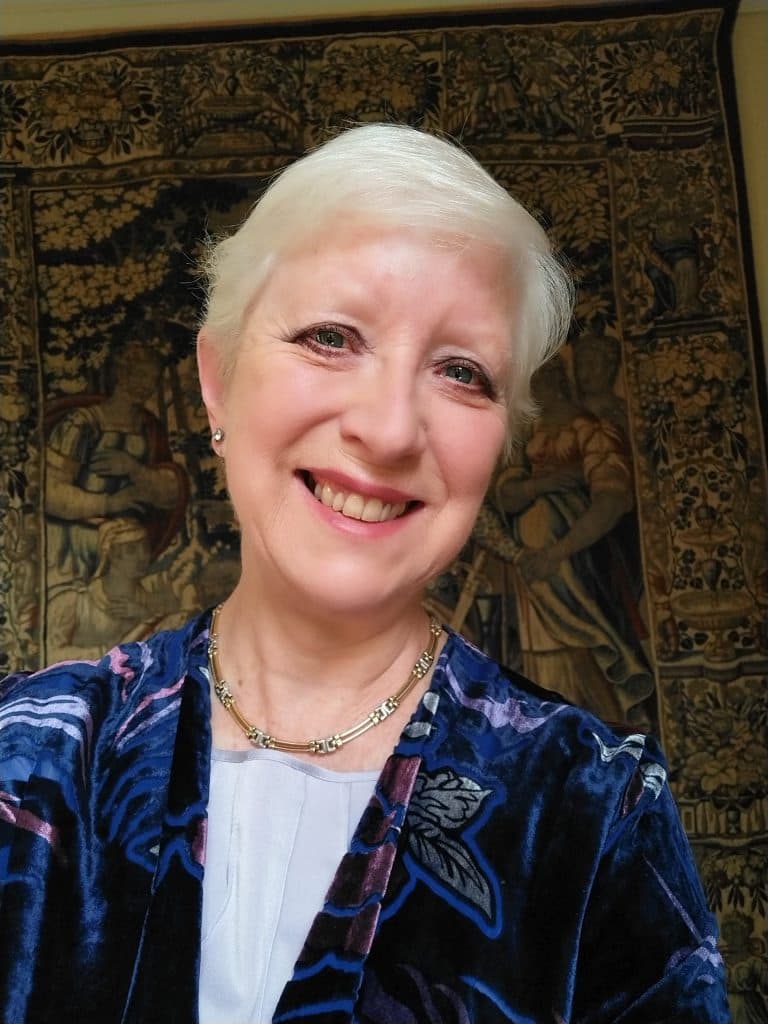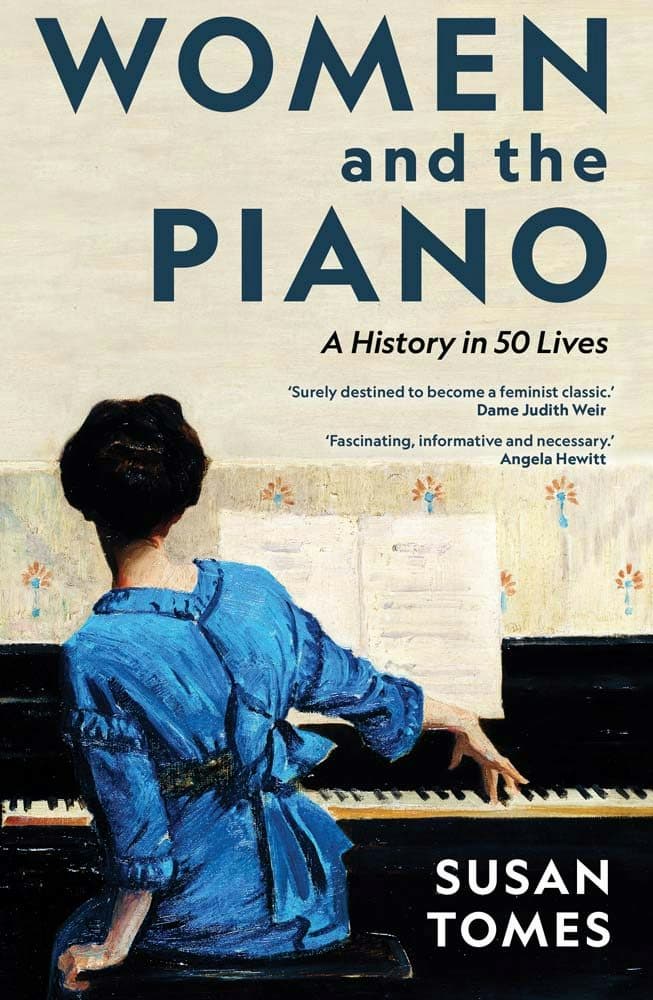It's all about the classical music composers and their works from the last 400 years and much more about music. Hier erfahren Sie alles über die klassischen Komponisten und ihre Meisterwerke der letzten vierhundert Jahre und vieles mehr über Klassische Musik.
Total Pageviews
Wednesday, April 17, 2024
Debussy Arabesque No.1 - Inga Fiolia
Tuesday, April 16, 2024
Top 65 Classical Music Masterpieces Everyone Knows, But Not Everybody Knows the title
Manila Symphony Orchestra | Medley of Philippine Folk Songs
Sunday, April 14, 2024
Marschner - Overture: Der Vampyr (The Vampire)
Madonnina dai riccioli d'oro (A. Costanzo - S. Gallizio - B. Garino)
ORCHESTRA ITALIANA BAGUTTI POLKA
Friday, April 12, 2024
Ein Morgen, ein Mittag und ein Abend in Wien - Franz von Suppé
WOMEN AND THE PIANO: A History in 50 Lives - Susan Tomes
by Frances Wilson, Interlude

Susan Tomes
Focusing on 50 women pianists – some well-known (Louise Farrenc, Fanny Mendelssohn, Nadia Boulanger, Tatiana Nikolayeva, for example), others less so, or only recently discovered – Tomes traces the lives and music-making of these women across the piano’s history, from the development of the piano in the 18th century to the present day.
As Tomes points out in her introduction, the piano is “an instrument that anyone can play, irrespective of gender”, yet until fairly recently, women pianists and composer-pianists were overlooked, under-represented in concert programmes and recordings, and generally consigned to the background in classical music history.
In some ways, the reasons for this are simple: women pianists lacked access to formal music training, were excluded from performance opportunities, and were even at a disadvantage to men due to the size of the instrument, the piano’s keys being designed for men’s typically larger hands. Additionally, women often had significant obligations to the home and family. And yet, despite these limitations, women continued to play, perform, and compose their own music.
Pioneers, in a number of ways, women pianists carved their own paths within a male-dominated profession. They travelled independently and helped to shape the modern piano concert as we know it today, including playing from memory (Clara Schumann), performing cycles of complete works (Wanda Landoswka/Bach’s Goldberg Variations), premiering new works and reviving historical works, bringing lesser-known and rare repertoire into concert programmes and recordings, and commissioning new music. They were involved in recording, broadcasting, presenting TV programmes about music, creating educational initiatives, devising concert series….and much more – all against a background of, at best half-hearted support, at worst, antagonism, resentment, and open sexism.

These enterprising women, 50 of whom are presented in this book, helped to expand and diversify the profession, gradually debunking the notion that the male approach to a career as a concert pianist was not the only way. These women were not imitators of male pianists but artists in their own right, with their own musical integrity, authority, and identity.
This highly readable, meticulously researched, and elegantly crafted book takes a chronological approach, beginning with French keyboard player Anne-Louise Boyvin d’Hardancourt Brillon de Jouy and ending with Nina Simone, jazz pianist, singer and civil rights activist. For each woman pianist featured, the author gives biographical details, notes their significant performances, recordings or compositions, and demonstrates how they have each contributed to the world of the piano.
The introductory chapters explore some of the reasons why women were sidelined, including social mores and prejudices, and how men became ascendent in the profession. The closing chapters examine where we are today with regard to female musicians, including the effect of equal rights legislation, the rise of piano competitions, shifting attitudes within the profession and audience perceptions, and the influence of teachers. For this section of the book, Susan Tomes spoke to a number of female pianists working today to reveal some surprising insights, and the barriers and limitations which women still face today in a highly competitive global profession.
At a time when the current discourse in classical music – and indeed in society in general – is focused on equality and inclusion, this book is an important, valuable contribution to the debate and a rich celebration of the essential role of women in the history of classical music and the piano in particular.